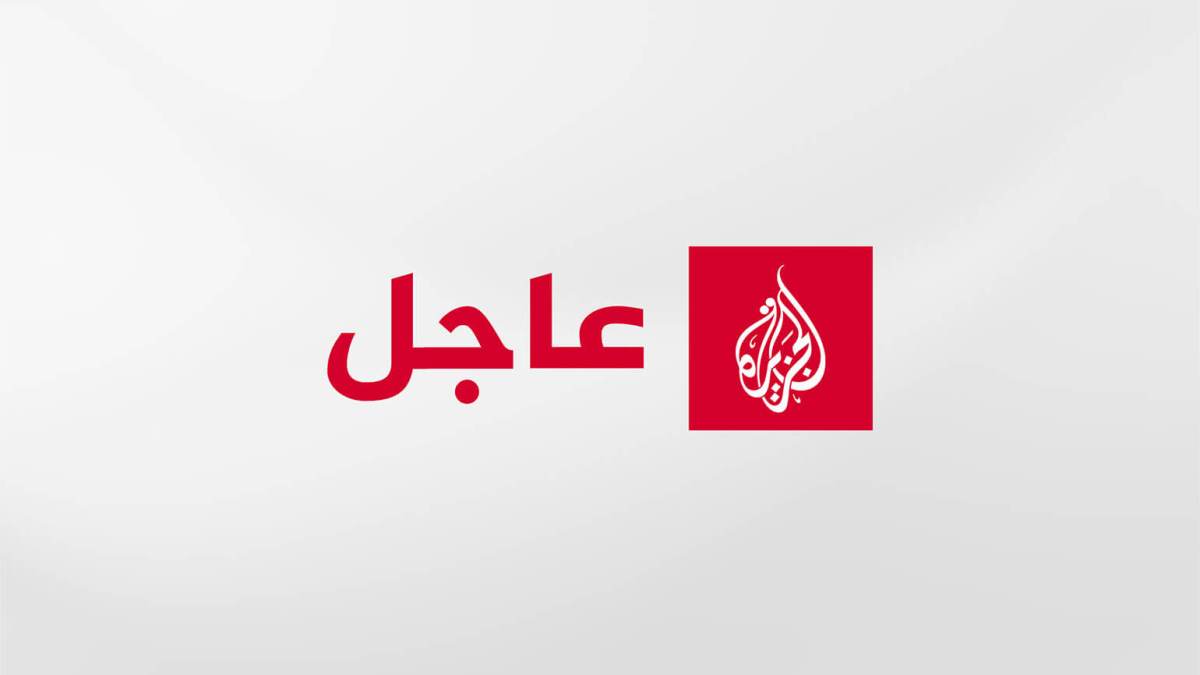Today, Wednesday, the Iraqi Federal Court decided to postpone the date for deciding on the case to dissolve parliament until August 30, while the national dialogue meeting called by the government is scheduled to start in Baghdad to address the state of political closure in the country.
Despite the passage of 10 months since the legislative elections in Iraq, the course of the political process is still complicated, in light of the inability to elect a new president for the country and form a new government.
On Wednesday, the Federal Court held a session to consider a case brought before it to decide on the dissolution of the House of Representatives, after the Supreme Judicial Council responded to the request of the head of the "Sadr movement" to dissolve Parliament.
The Supreme Judicial Council said that it "does not have this authority," noting that its tasks do not include the authority to interfere in the matters of the legislative and executive authorities, in application of the principle of separation of powers.
The Sadrist movement had announced the filing of a lawsuit to the Federal Court against the three presidencies, the Republic, the ministers and Parliament, demanding the dissolution of Parliament.
The document of the lawsuit presented by the leader in the movement, Nassar al-Rubaie, showed the demand to dissolve parliament and oblige the President of the Republic to set a date for holding legislative elections in accordance with the provisions of Article 64 of the Iraqi constitution.
Saleh al-Iraqi, who is close to the leader of the Sadrist movement, said that the current demonstrations are against a dysfunctional parliament that cannot enact service laws and did not observe the constitutional deadlines for forming a government.
Al-Iraqi indicated that the coordination framework describes the demonstrations of his supporters as constitutional and seeks to support the state, while the movement of the Sadrist movement is considered unconstitutional, as he put it.
Dialogue sessions
Politically, the National Dialogue meeting of representatives of the Iraqi political forces will be held in Baghdad today, Wednesday, in response to an invitation launched by Prime Minister Mustafa Al-Kazemi.
A source in the Prime Minister's Office said that some leaders of the first row of all political forces will attend the meeting, with the exception of the Sadrist movement, which will not attend.
Al-Kazemi had called on the political blocs to assume their responsibilities, and to resort to dialogue to resolve differences for the sake of Iraq's interest and its future.
Al-Kazemi also called on all political parties to stop the popular and media escalation, and to give enough space for moderate proposals to take their place in the national debate in order to find a solution to the political blockage.
Postponement of demonstrations
On the other hand, the leader of the Sadrist movement in Iraq, Muqtada al-Sadr, announced the postponement of demonstrations next Saturday until further notice, while maintaining the sit-in until the demands are met.
Al-Sadr said in a tweet on Twitter that he announces the postponement of the demonstrations on Saturday until further notice, in order to thwart what he called the malicious schemes that bet on the "civil war."
He stressed that the people will continue their sit-in until their demands are achieved, and demanded that the protests be kept peaceful, he said.
The Sadrist movement had called for a "million" demonstration in Tahrir Square in Baghdad, and Saleh al-Iraqi - who is close to Muqtada al-Sadr - said via Twitter that this united demonstration from all provinces aimed at supporting Iraq for reform and saving the rest of it.
pic.twitter.com/QutoM9GFaM
- Muqtada al-Sayyid Muhammad al-Sadr (@Mu_AlSadr) August 16, 2022
The sit-in of supporters of the coordination framework is still continuing at the suspension bridge leading to the Green Zone in central Baghdad, and tents were erected last Friday evening at the conclusion of a demonstration in which thousands participated, and the coordination framework said that the sit-in comes "in defense of legitimacy."
In this context, Saleh al-Iraqi accused some of the forces of the coordination framework of seeking to hold a parliament session to form a consensus government, despite the people's disobedience and disobedience to the reference, as he put it.
Al-Iraqi said - in a statement - that the demonstrations of the coordinating framework forces come against reform and against the prime minister and the presidency, adding that the counter-demonstrations do not frighten the Sadrist movement, calling on the blocs affiliated with the coordination framework for what he called curbing some of its components who want to play with fire and seek to ignite a war Eligibility, as described.

